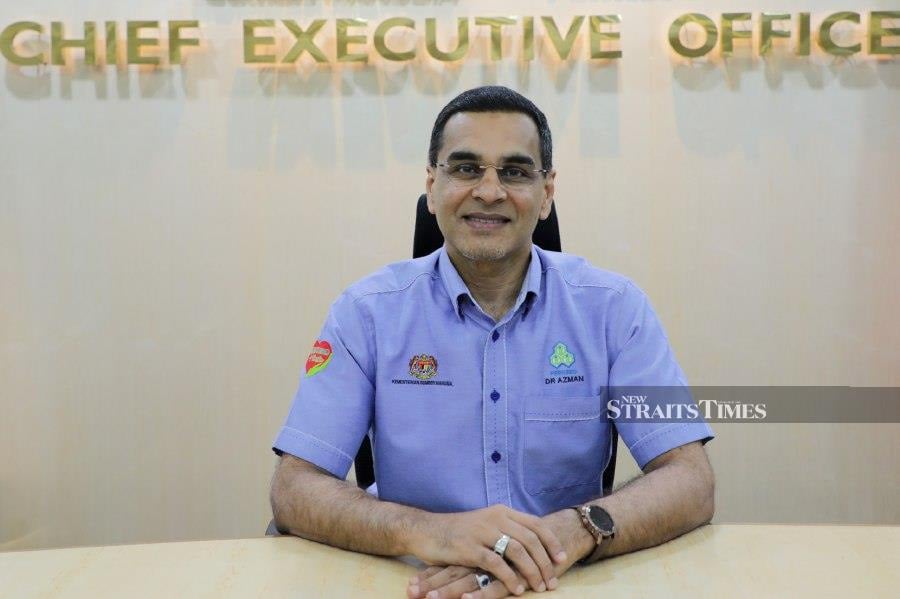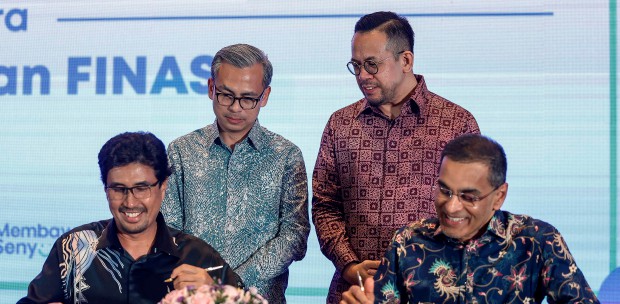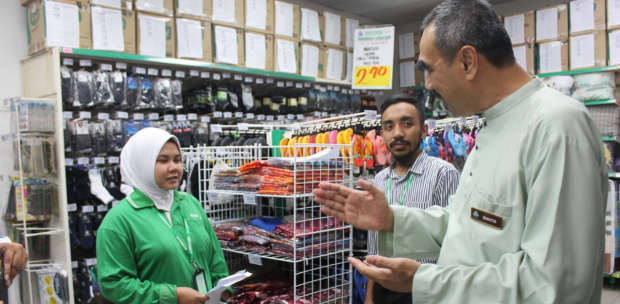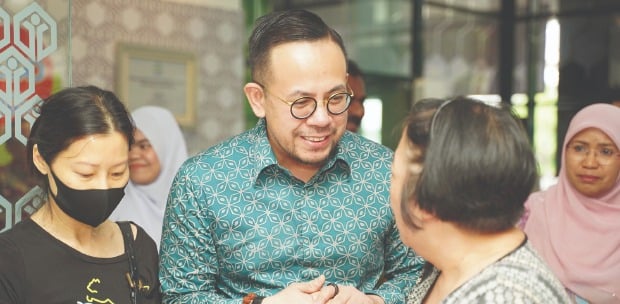KUALA LUMPUR: The 2024 Budget which includes six initiatives set to be implemented by the Social Security Organisation (Perkeso) reflects the government's commitment to boosting new job opportunities and strengthening the social protection network.
Perkeso chief executive officer Datuk Seri Dr Mohammed Azman Aziz Mohammed said the initiatives align with the government's goals outlined in the 12th Malaysia Plan, which aims to create 1.34 million job opportunities.
The initiatives, he said, include the Perkeso Career Building programme, private sector job support for former inmates, persons with disabilities, retirees, and the integration of target groups into the public sector.
He said the emphasis on skills enhancement initiatives can assist workers in both the formal and informal sectors to prepare themselves for new job opportunities.
"These new career opportunities are expected to emerge in line with the transition towards a digitalised economy, renewable energy, and green jobs."
"The encouragement from the Prime Minister and the Human Resources Minister through fiscal injections in the 2024 Budget will drive the growth of highly skilled workers to meet the labour market demands in Malaysia," he said in a statement.
The 2024 Budget tabling last Friday witnessed the Federal Government allocating over RM200 million to Perkeso to spearhead the implementation of six initiatives
Azman said Perkeso will continue its efforts to enhance and empower the national job service portal, MYFutureJobs, for the benefit of all segments of the population.
This will then give easier access to employment through job matching and job support services provided by Perkeso employment officers, he said.
Based on a Pekeso review of the MYFutureJobs portal between January and Oct 6, there were 198,751 female job seekers.
"These statistics include female job seekers looking to transition into new employment and those who are currently unemployed.
"With the 2024 Budget initiatives announced by the Prime Minister (Datuk Seri Anwar Ibrahim), it will further increase women's participation in the labour market, aligning with the target of a 60 per cent female labour force participation rate as outlined in the Madani Economic Framework."
Meanwhile, Azman also called on all gig platform providers to welcome the Prime Minister's recommendation to bear 10 per cent of gig worker contributions for their welfare and view it as a long-term investment in workers' welfare.
"The government's decision to increase contribution grants to 90 per cent from 80 per cent will provide relief, as it will boost the disposable income of approximately 480,000 individuals working in the gig economy."
Additionally, the government's move to raise the salary cap for insurance to RM6,000 from RM5,000 will result in a 20.2 per cent cash benefit increase for 1.45 million workers and their dependents while safeguarding the welfare of the people.
"With a 150 per cent increase in allocation to RM50 million for the Housewives' Social Security Scheme (SKSSR), more low-income and hardcore poor housewives can be protected.
"As of August, based on e-Kasih data, we have more than 500,000 housewives who qualify for SKSSR, with 166,666 already registered in this scheme."
"In this regard, the remaining housewives recorded in the e-Kasih database will have the opportunity to receive contribution grants through the RM50 million government allocation."
"I am confident that the range of initiatives outlined by the government through the 2024 Budget will be a catalyst for structural change, especially in the post Covid-19 era," he said.





